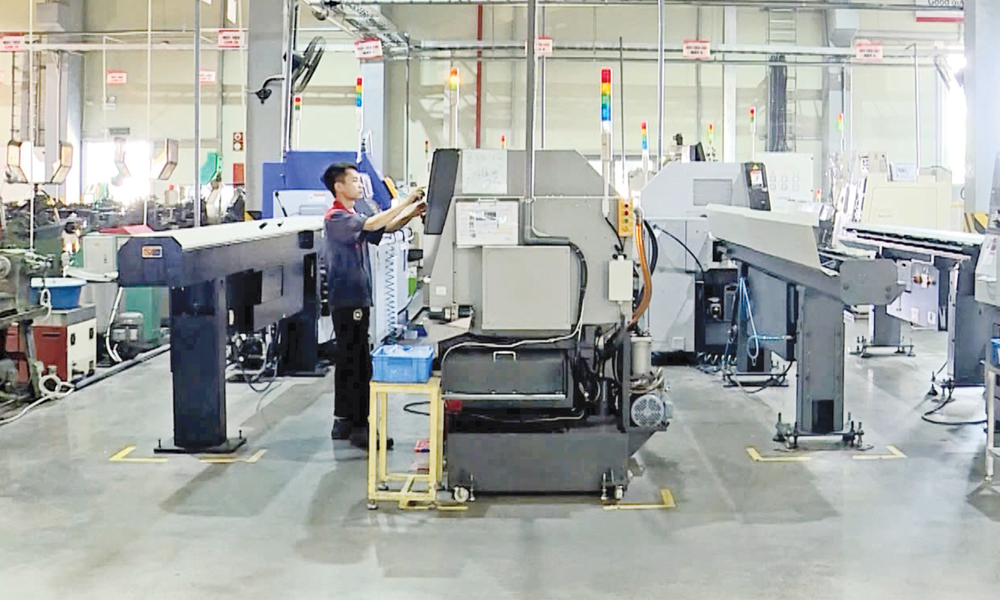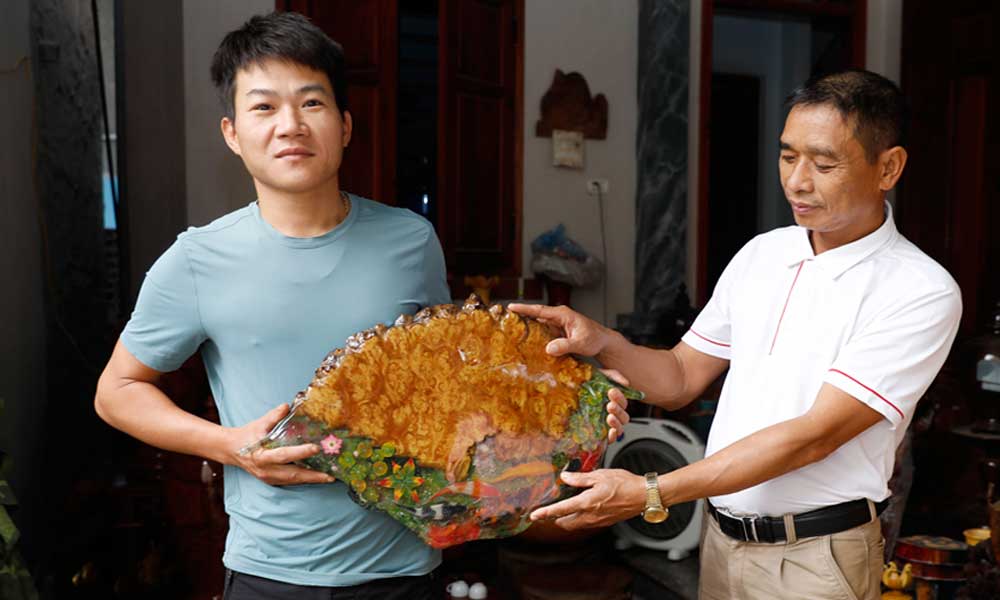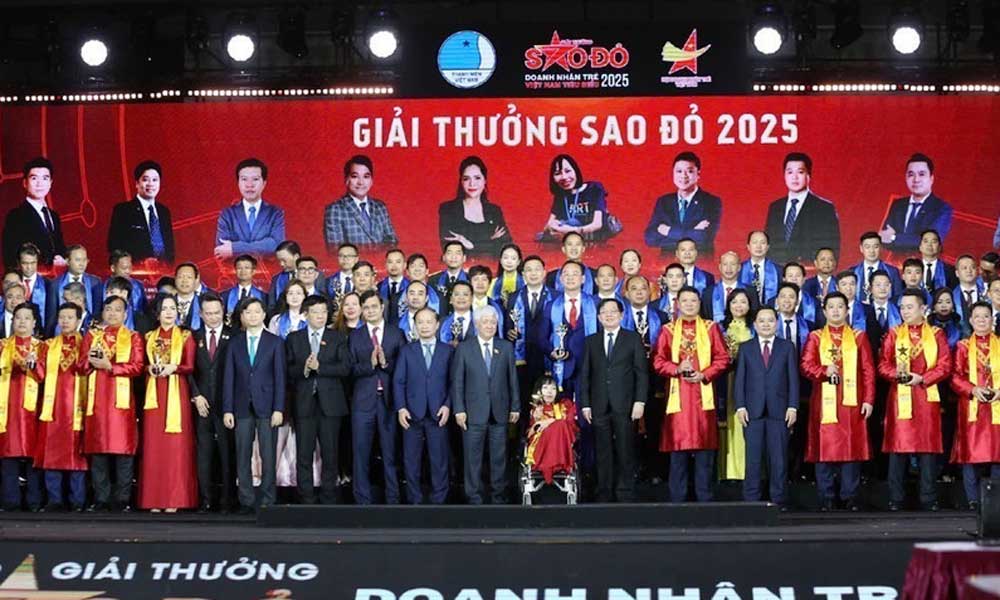Bac Ninh focuses on high-tech, green industry development
Bac Ninh province is accelerating efforts to attract investment to and develop high-tech, green, and digital industries, aiming to strengthen its role as a sustainable industrial hub by 2030, according to the provincial Industrial Zones Authority.
Bac Ninh province is accelerating efforts to attract investment to and develop high-tech, green, and digital industries, aiming to strengthen its role as a sustainable industrial hub by 2030, according to the provincial Industrial Zones Authority.
 |
|
The production line at AMA Holdings Investment Joint Stock Company. |
The province has set ambitious targets for 2026–2030, including consolidating its position as a hub of high-tech industries with sustainable and environmentally friendly development, maintaining GRDP growth above the national average, achieving a foreign trade turnover of 1.12 trillion USD, and reaching per capita GRDP above 9,000 USD.
To achieve these targets, the northern province has proposed that a law on industrial and economic zones be promptly issued to ensure harmony in current legislation on investment, land, construction, environment, and real estate, reducing overlaps and inconsistencies.
Bac Ninh is pursuing selective and high-quality investment attraction, prioritising projects on high technology, supporting industries, electronics, semiconductor, biotechnology, new materials, and renewable energy.
The province also seeks multinational corporations' investment in research and development (R&D) and innovation centres to help form a robust high-tech industrial ecosystem.
Reasonable land quotas in each industrial park are reserved for small and medium-sized enterprises (SMEs) and innovative start-ups to ensure diversity and value chain connectivity.
In addition, investment promotion will be professional and focused, targeting key markets including Japan, the Republic of Korea (RoK), the EU, the US, Singapore, and the UAE.
The province aims to attract at least two major multinational and high-tech companies to its industrial parks during the next five years.
Bac Ninh will also require industrial park developers to increase green space and water surfaces, improve environmental landscapes, and develop comprehensive social infrastructure, including worker housing, kindergartens, healthcare centres, cultural and sports areas, along with supermarkets and essential services.
It is shifting from passively meeting investor needs to actively supporting them, while fostering human resources through collaboration with universities and vocational schools to develop programmes on training skilled technical manpower.
Partnerships between educational institutions and enterprises are encouraged to meet industrial park workforce requirements.
Currently, Bac Ninh is home to 35 approved industrial parks covering nearly 10,500 hectares, employing approximately 552,000 workers, including over 21,000 foreign employees. These projects have proved instrumental in establishing Bac Ninh as a leading electronics – industrial hub in Vietnam.
Under its 2021–2030 master plan with a vision to 2050, Bac Ninh aims to develop 50 industrial parks covering 15,202 hectares, ensuring long-term industrial development space.
To date, 41 industrial parks have gained detailed planning approvals covering nearly 13,000 hectares while remainders are undergoing final approvals.
Despite a global FDI slowdown, local industrial parks have attracted 2,805 FDI projects with registered capital of 44.85 billion USD. These projects have substantially contributed to Bac Ninh’s industrial production, which now exceeds 1.6 quadrillion VND (60.6 billion USD).
The zones currently accommodates investors from 44 countries and territories with strong technological and financial capacity, including the RoK, Japan, the US, the EU, China, and Taiwan (China). Notably, Bac Ninh has successfully drawn major multinational corporations with core technologies, such as Samsung, Canon, Amkor, Foxconn, Sunwoda, Goertek, and Amphenol.
As a result, the province has shaped an industrial ecosystem in electronics and telecommunications, and is gradually transitioning to green, digital, and semiconductor industries.
 Bắc Ninh
Bắc Ninh













Reader's comments (0)